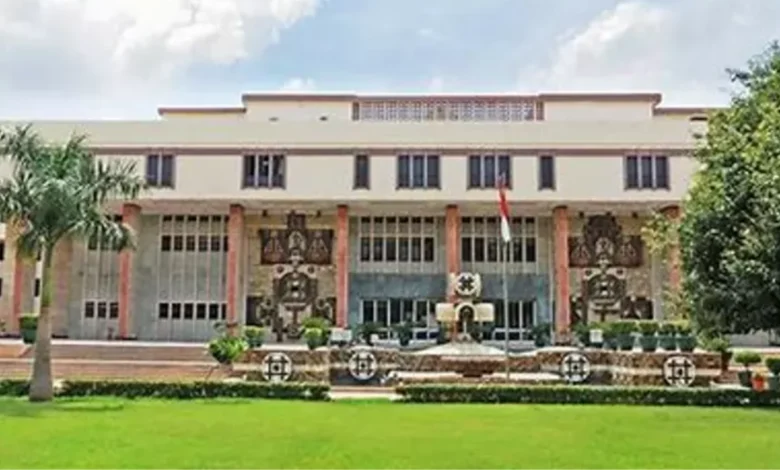Pay Commission have the authority to decide salary structures

The Delhi High Court has ruled against a petition seeking equal pay for an Advisor (Nutrition) in the Directorate General of Health Services, Ministry of Health and Family Welfare. The petitioner had claimed salary parity with the positions of Advisor (Ayurveda) and Advisor (Homeopathy), but the court dismissed the plea, stating that the roles and qualifications were distinct.
A Division Bench of Justices C Hari Shankar and Ajay Digpaul held that the petitioner, who had sought a higher pay scale, was not entitled to it as the nature of his job differed from the other advisory posts. The court emphasized that expert bodies such as the Pay Commission have the authority to decide salary structures, and judicial interference in such matters is not permissible.
Petitioner’s Claim for Higher Pay Rejected
The petitioner had initially approached the Central Administrative Tribunal, arguing that his pay scale should match that of Advisors in Ayurveda and Homeopathy. However, the Tribunal rejected his claim on October 7, 2011. Dissatisfied with the decision, he moved the High Court through a writ petition.
During the hearing, it was revealed that the 5th Central Pay Commission had placed the Advisor (Nutrition) position in the pay scale of ₹4,500-₹5,700, with the revised scale being ₹14,300-₹18,300. The petitioner’s counsel referred to an internal noting by the Deputy Directorate General, suggesting an upgrade in pay to match the Senior Administrative Grade (SAG) of other advisory posts.
Court Says Internal Notes Do Not Grant Rights
The High Court, however, dismissed this argument, ruling that internal notings do not create enforceable rights. The Bench cited multiple Supreme Court judgments, including Bachhittar Singh v. State of Punjab and State of Punjab v. Aman Singh Harika, to support its decision.
Furthermore, the court noted that the Pay Commission had already reviewed the issue and had not recommended pay parity for the Advisor (Nutrition) post. Since the matter had been considered and decided by an expert body, the court held that it could not intervene.
Judicial Review Not Applicable in Pay Commission Decisions
Reiterating legal principles on pay parity, the Bench stated that salary structures are a complex matter that should be left to expert bodies like the Pay Commission. The court cited the Supreme Court’s ruling in State of Bihar v. Bihar Secondary Teachers Struggle Committee, which outlined key limitations on the application of the “equal pay for equal work” doctrine.
The court observed that:
- Salary decisions involve multiple factors and should be handled by expert bodies.
- The judiciary should not interfere in executive decisions on pay scales.
- Granting pay parity through judicial intervention can have far-reaching financial consequences.
- Equal pay claims must consider recruitment processes, job responsibilities, and qualifications.
Court Affirms that the Petitioner’s Role Was Different
The Bench ultimately concluded that the petitioner’s job responsibilities were not identical to those of the Advisor (Ayurveda) and Advisor (Homeopathy). Since the 5th Pay Commission had already ruled against pay parity, the court upheld its decision, reaffirming that it could not overrule expert committee recommendations.
This judgment reinforces the principle that salary-related disputes should be resolved by designated expert bodies and not through judicial intervention.
